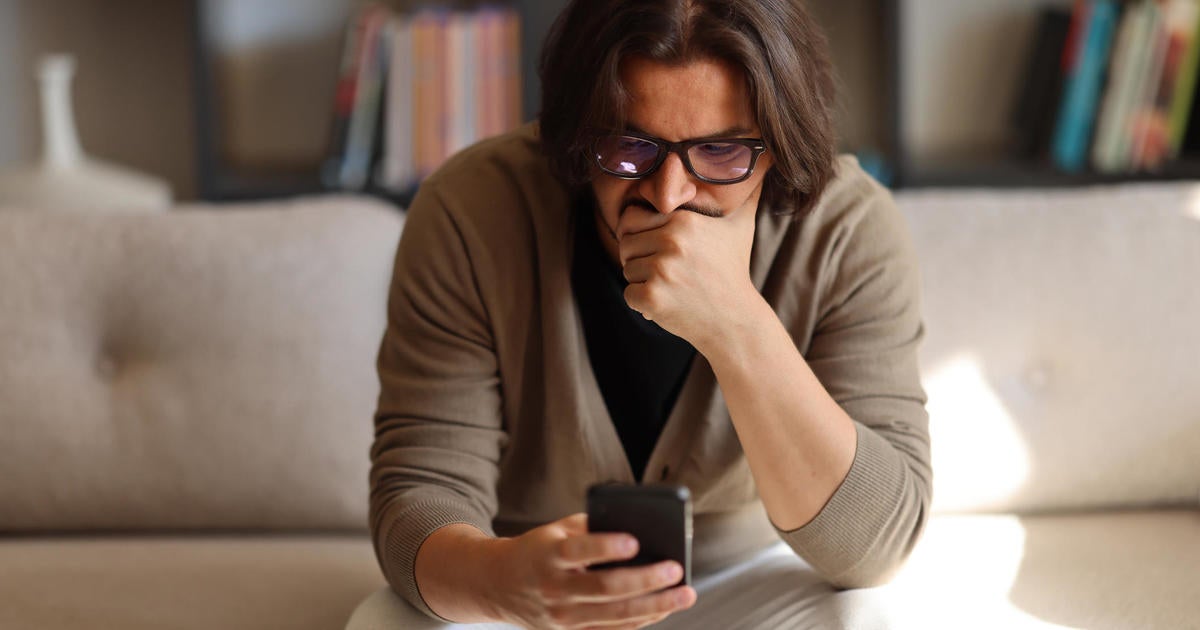Standing Tall in the Ashes: the Emotional Aftermath for the “Untouched”
While orange skies have finally dimmed over California, a quieter inferno is raging in the minds of many whose homes emerged unscathed. Among them is a neighbor from Pacific Palisades who, at first glance, “got lucky.”
- Saved: four generations of family albums locked in a fire-proof box.
- Spared: a 1920s craftsman that survived the flames that licked at every side.
- Shattered: the view out the front door, where every neighboring roof has collapsed into ash.
“I can’t tell if relief is supposed to feel this heavy,” the resident told a local CBS crew. “A part of me wants to celebrate, another part wants to apologize that my family still has walls to sleep inside.”
Psychologists Call It “Survivor’s Guilt”
On CBS Mornings Plus, psychiatrist Dr. Sue Varma labelled the reaction neither rare nor unhealthy.
“People imagine trauma is reserved only for those who lost everything,” she explained. “But simply witnessing that scale of destruction—without a single cinder landing on your own property—can leave emotional scorch marks that last for years.”
Symptoms of Second-Hand Trauma
- Persistent, intrusive images of neighbors’ burning homes.
- Irrational certainty that the disaster will circle back to punish you next.
- Difficulty sleeping, compounded by feeling unworthy of rest.
Replacing Shame With Purpose
Rather than sit with the pain, Dr. Varma encourages survivors to alchemize their emotions into action.
Four Practical Outlets
- Anchor in Gratitude—Take five minutes daily to name the intact joys before leaping to guilt.
- Hands-On Help—Serve meals at shelters, sort donated clothing, or foster displaced pets.
- Amplify Others—Share friends’ lost-business pages on social media, lobby for wildfire-insurance reforms, or host a pop-up fundraiser on the spared driveway.
- Pay-It-Forward Funds—Convert the cash saved on rebuilding into micro-grants for families who did not share your fortune.
“The antidote to helplessness is usefulness,” Varma sums up. “Turn the survival into service, and the guilt begins to soften into meaningful solidarity.”
For the Palisades homeowner, the plan already feels more solid than ash. This weekend the family will convert their untouched garage into a supply drop-off, stacking diapers, bottled water, and new sneakers for three nearby households who now own nothing but soot.




